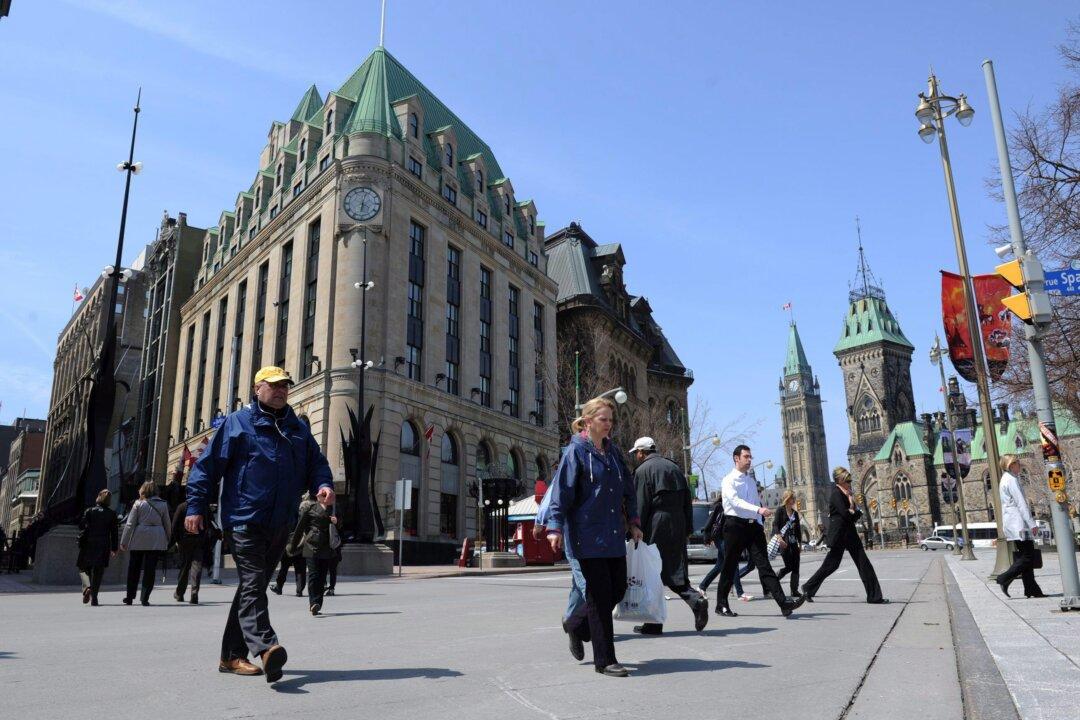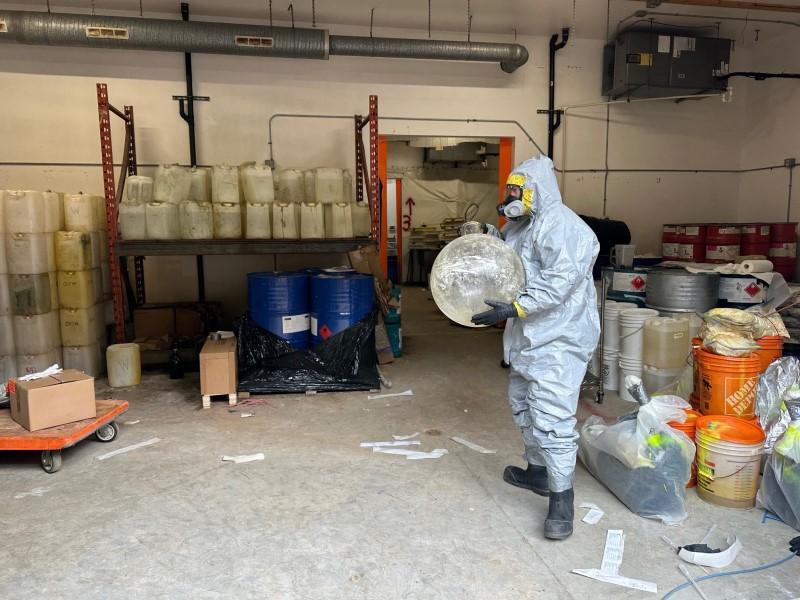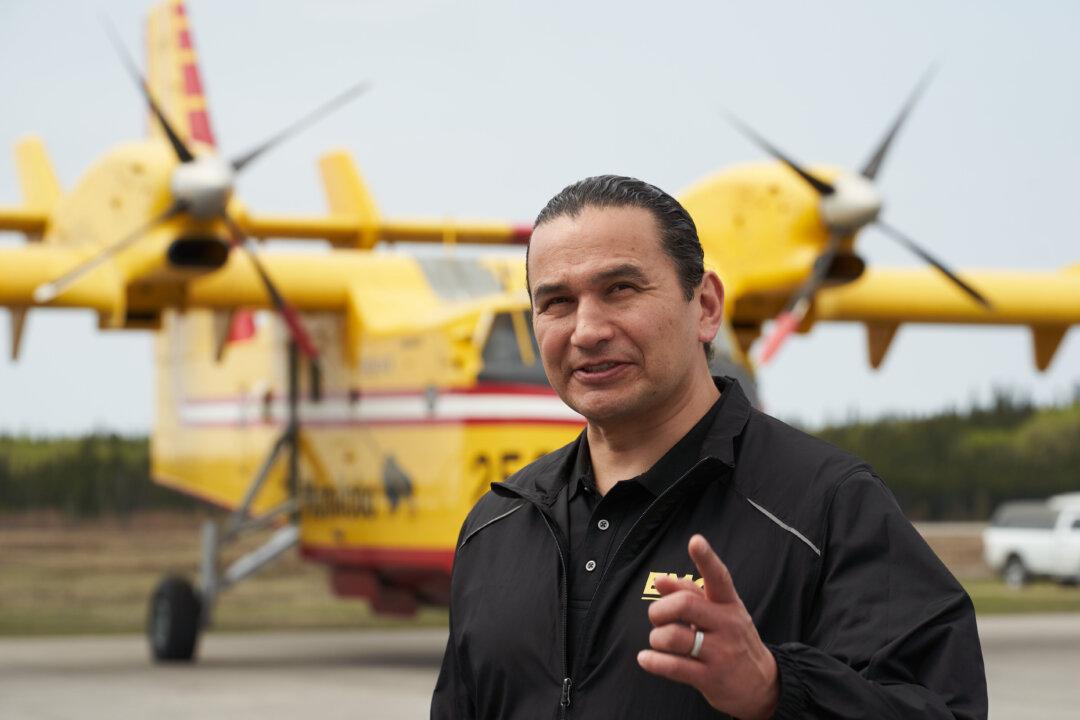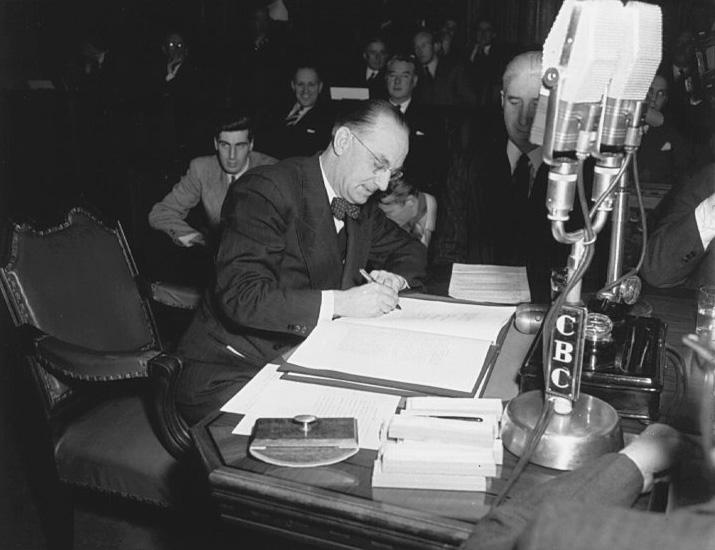Commentary
Any suggestion that we should consider reopening Canada’s Constitution to solve our increasingly serious problems usually evokes snorts of derision and eye-rolling. The last attempts—Mulroney’s failed Meech Lake Accord in 1990, and Charlottetown in 1992—left the nation with constitutional fatigue. Those failures also left politicians understandably gun-shy of ever opening up that Pandora’s box again.





